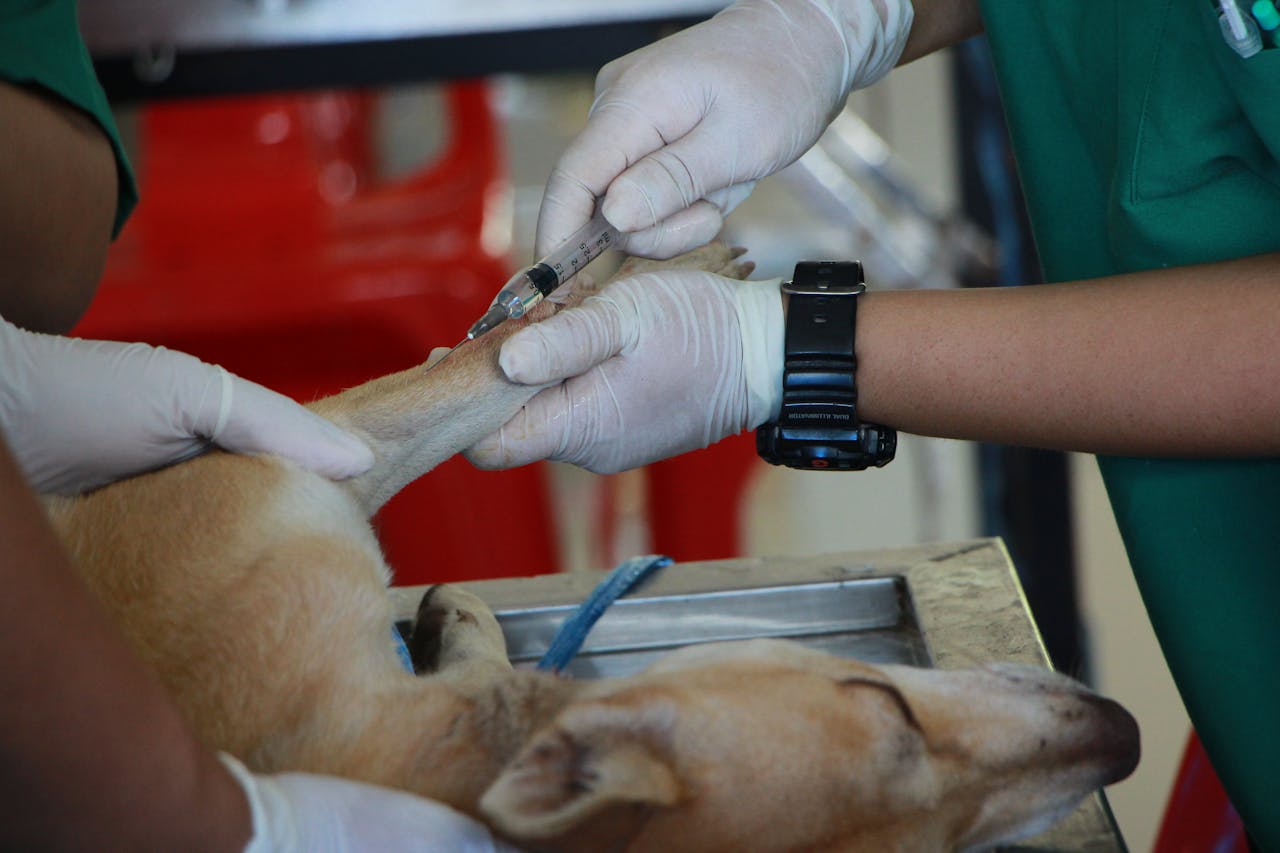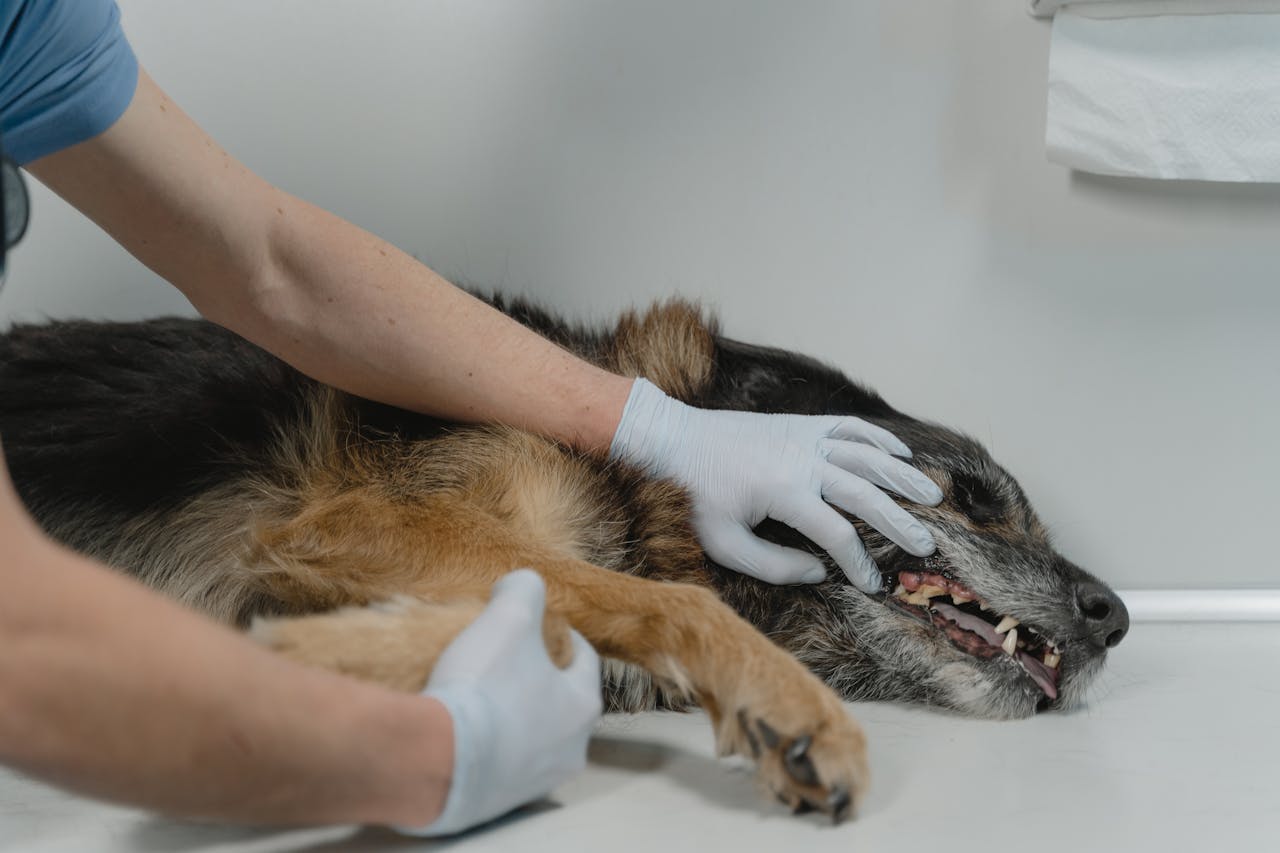All Pet Health Articles

Cancer Treatment for Dogs: A New Hope
It’s tough to imagine that our beloved pets, who bring us so much happiness, can also struggle with serious issues like cancer. For years, treatment options for dogs with cancer were far behind what humans had. But there’s hope—things are starting to improve.

Understanding Cancer in Birds and Exotic Pets
Cancer isn’t just a problem for people, dogs, and cats—it can also affect birds, rabbits, guinea pigs, and other exotic pets. Unfortunately, these animals often don’t show signs of illness until the disease is quite advanced, which makes early detection incredibly important.

Understanding Cancer in Pets: A Veterinarian’s Insight
Cancer isn’t just a human concern—it can affect our beloved pets too. While it’s a complex disease, understanding the basics can make a big difference. Here’s a simple breakdown of how cancer develops in animals, signs to watch for, and the treatment options that can help give your furry friend the best chance at a healthy life.

Understanding Common Cancer Terms for Your Pet
Dealing with the possibility of cancer in your pet can be both stressful and emotional. But having a basic understanding of key terms can make conversations with your veterinarian easier and less overwhelming. To help you feel more informed and confident, here are some common cancer-related terms explained in simple, straightforward language.

Is Pet Cancer Treatable?
Yes, in many cases, pet cancer can be treated. Thanks to advancements in veterinary medicine, there are now several treatment options available that can help improve your pet’s quality of life and even give you more time together. Just like with people, catching cancer early makes a big difference in how effective the treatment can be.

Caring for Senior Pets: A Guide for Loving Pet Owners
Do you remember the excitement of bringing home your playful puppy or curious kitten? It feels like just yesterday, doesn’t it? But as time passes, you might start to notice small changes—maybe they’re not as quick to chase after a toy or they nap a little more than usual. Could this just be a part of getting older?
Get insurance plans with wide-ranging coverage options






